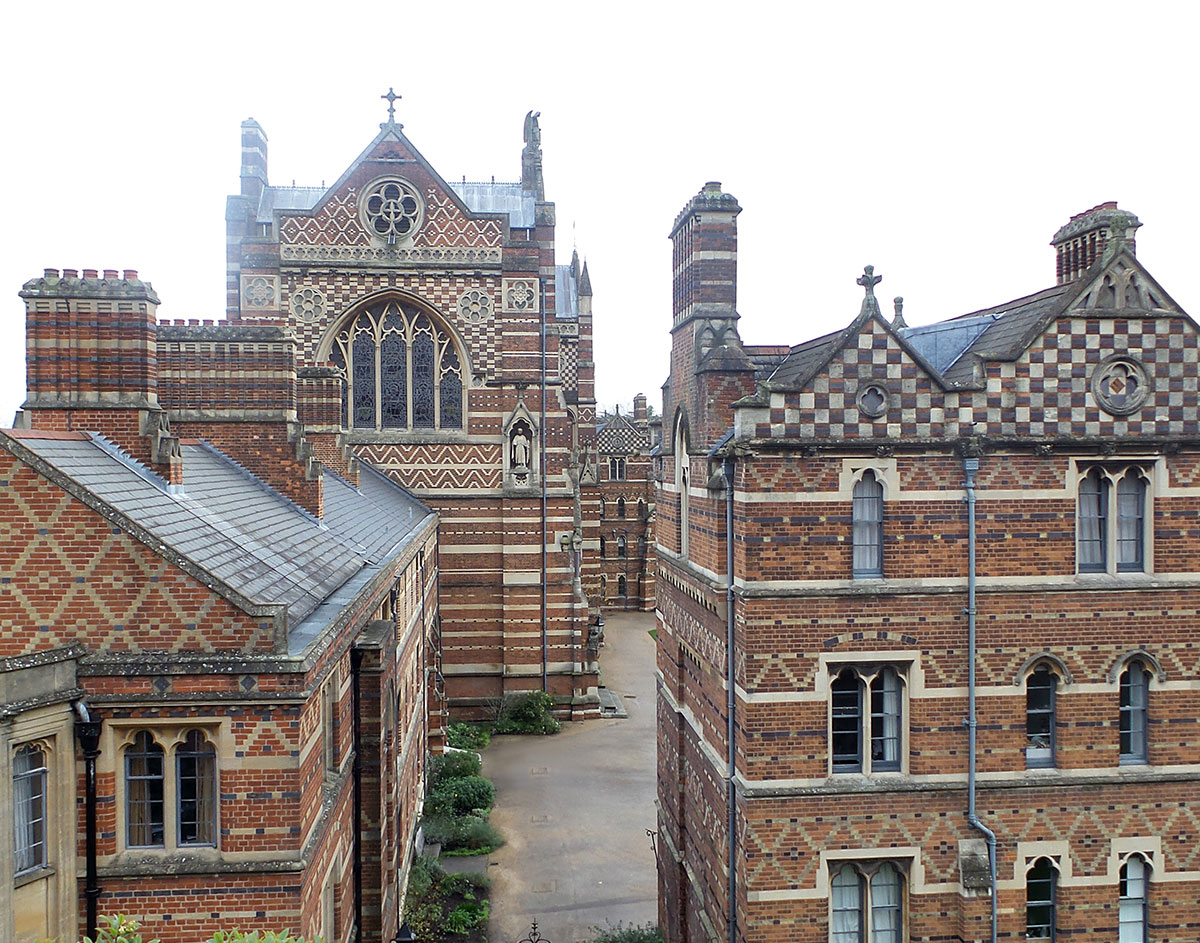Universities and halls of residence have a higher than normal risk of fire. With 80% of students admitting to regularly taking part in activities that risk fire in their accommodation*. One element of fire safety that often seems to be considered as more of a hindrance than help, are fire doors.
Fire doors are a vital part of fire safety, especially for places of multiple occupancy. They compartmentalise a room by trapping a fire for 30-60 minutes. This allows more time for the fire service to reach the fire and extinguish it before it spreads through the whole building. If the fire doors in university halls are wedged open, a fire will spread extremely quickly, putting lives at risk and causing damage to housing.
So why do students wedge open fire doors?
Social reasons- Students have left home for the first time and will want to meet as many people as possible, especially the ones in their living area. An ‘open door policy’ may be applied so that they seem more welcoming to new friends. If every door in their flat is going to close automatically, the students will wedge them open.
Practical purposes- Especially on moving in day, students will want ease of access to their room in order to move everything in. Some fire officers will allow a temporary wedging to help with this. However, students may feel this to be more convenient than their door being closed, so are likely to continue using a wedge.
To reduce noise- There is a lot of human traffic going through university halls, meaning that the fire doors will be closing regularly. Fire doors are very heavy and some door closers cause them to slam shut. Consequently, leading to students wedging them open to minimise noise.
To improve access- Heavy fire doors with automatic door closers can be problematic for people with mobility issues. This may lead to doors being wedged open for ease of access around their flat.
May be unaware- Students have been living in a home environment where fire safety may not be a concern and fire doors may not have been around. Because of this students might not realise the important role that fire doors have.
Influence of alcohol- Throughout university, and especially freshers week, there will be many parties and nights out- usually with drinking involved. This can be where risky behaviour is increased. For example, 50% of students admit to cooking whilst under the influence*, also known as ‘drunk frying’. Along with this comes drying clothes on electric heaters and smoking inside.
On top of this, students may also take batteries from fire alarms, and disable door closers by damaging them.








0 Comments